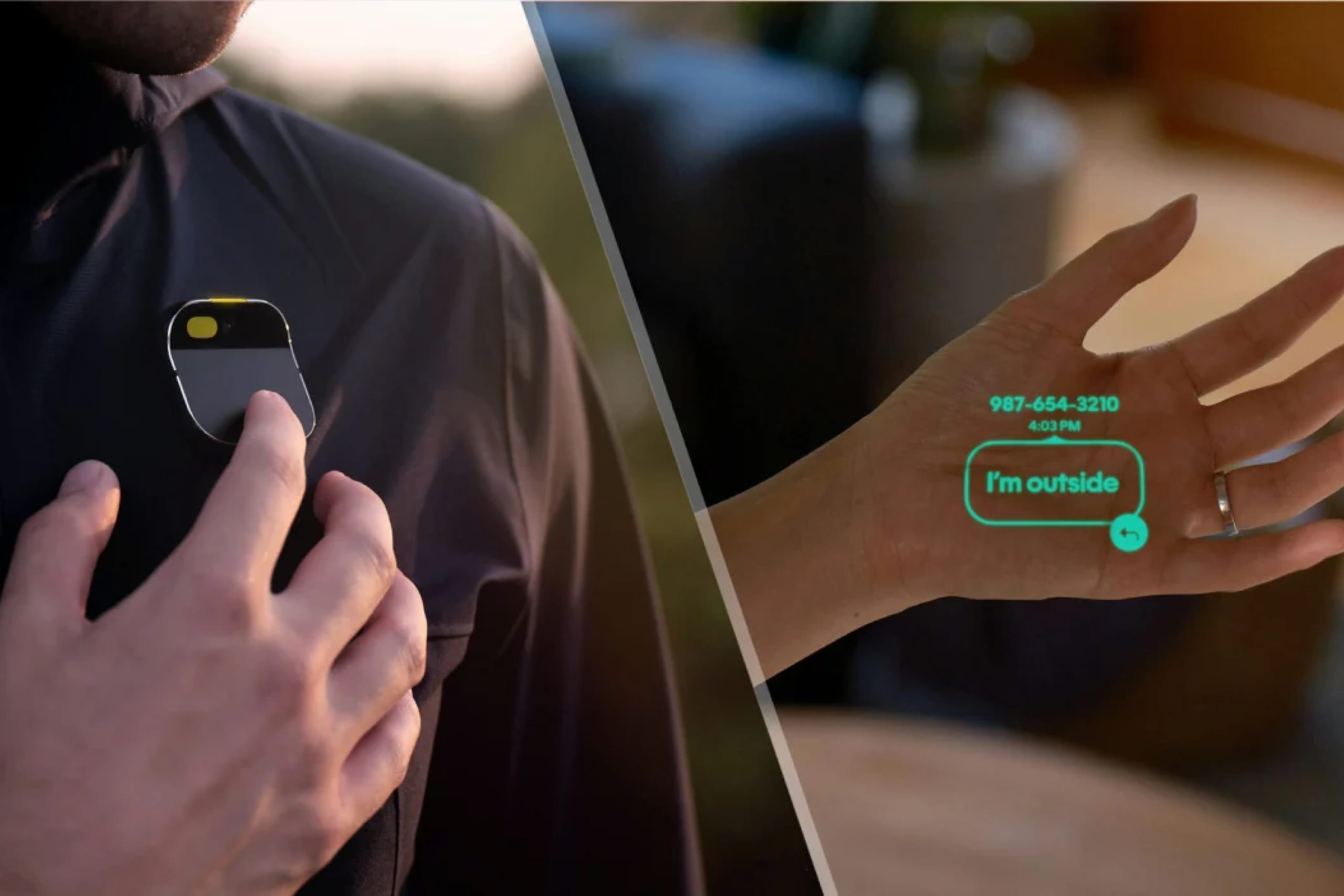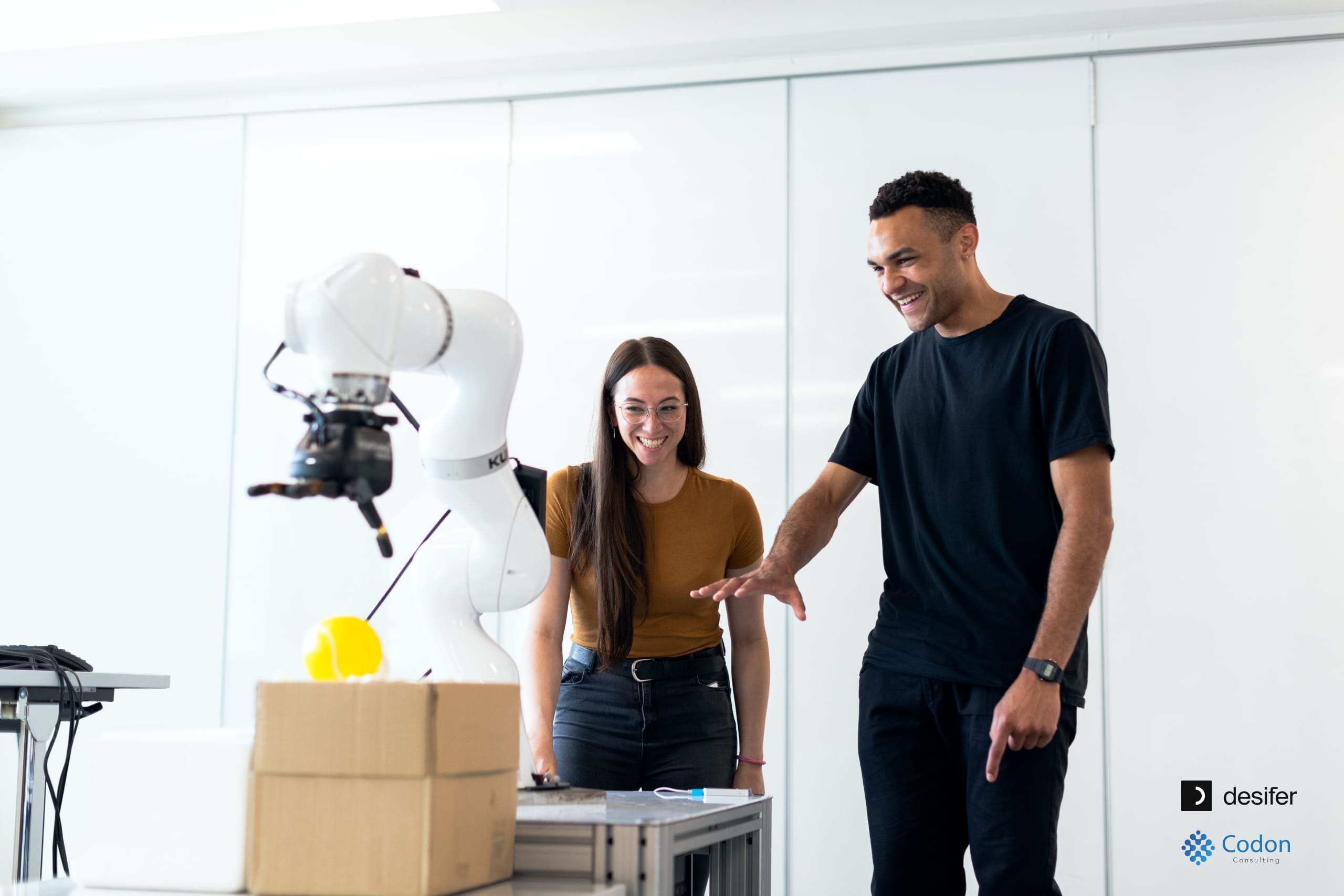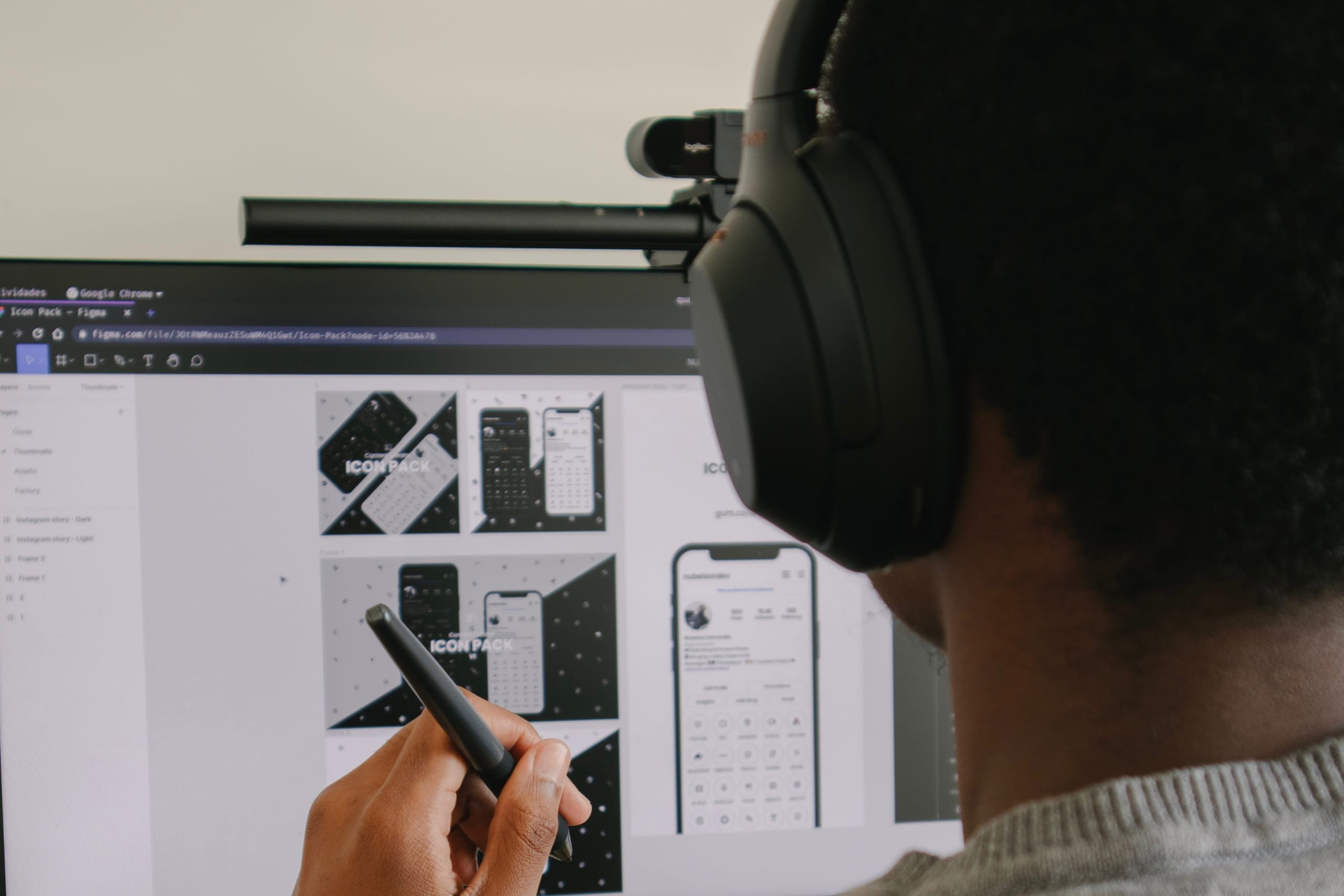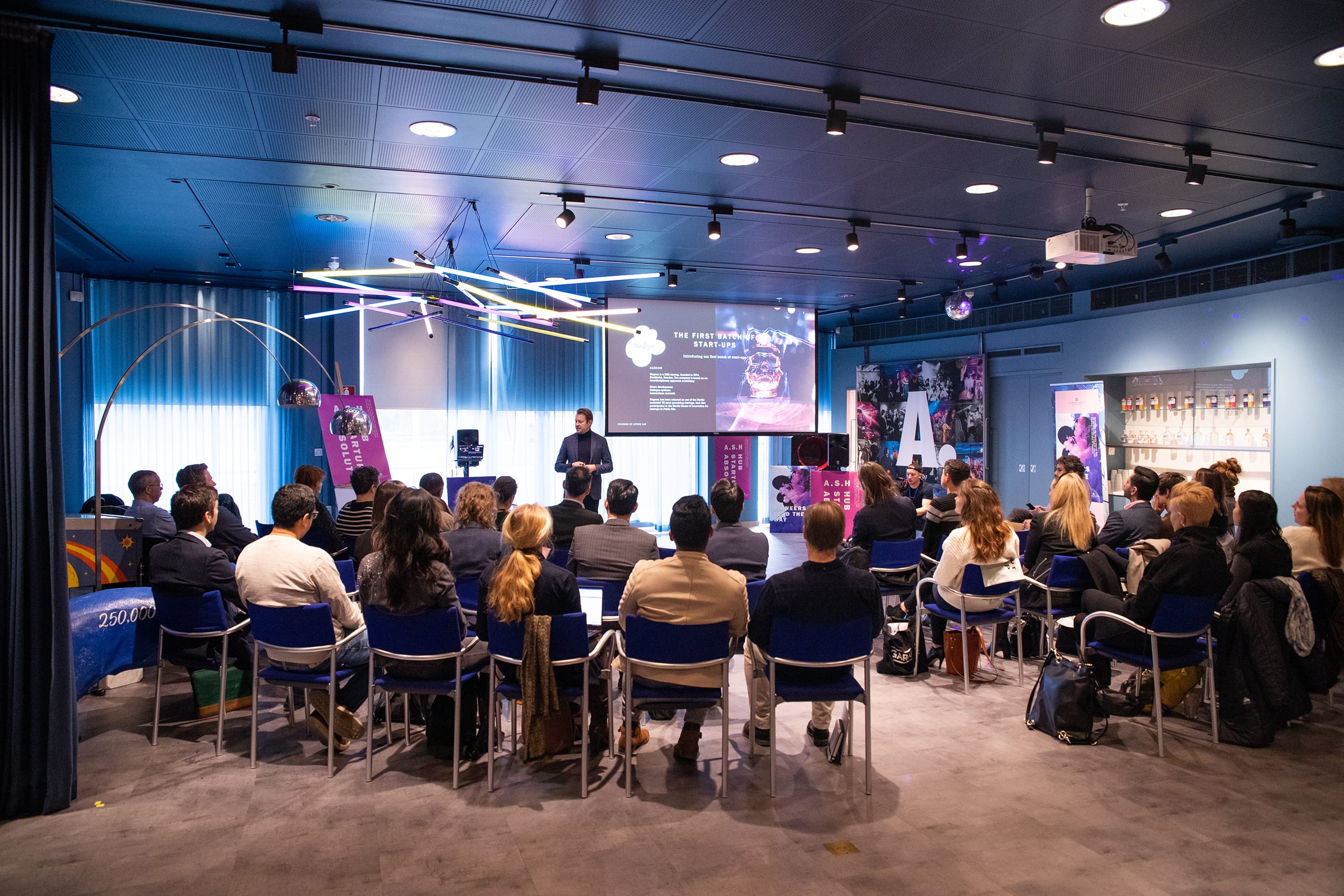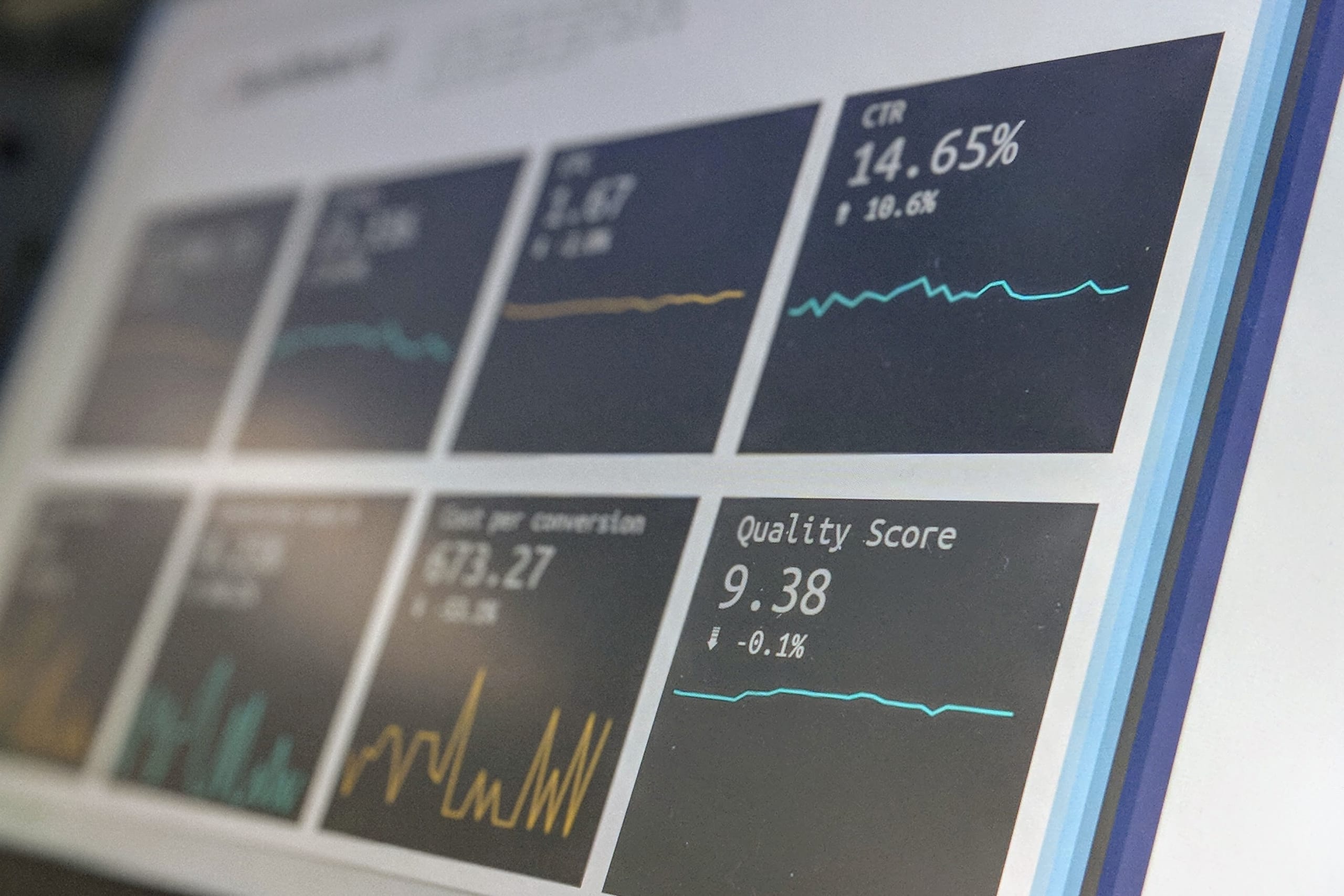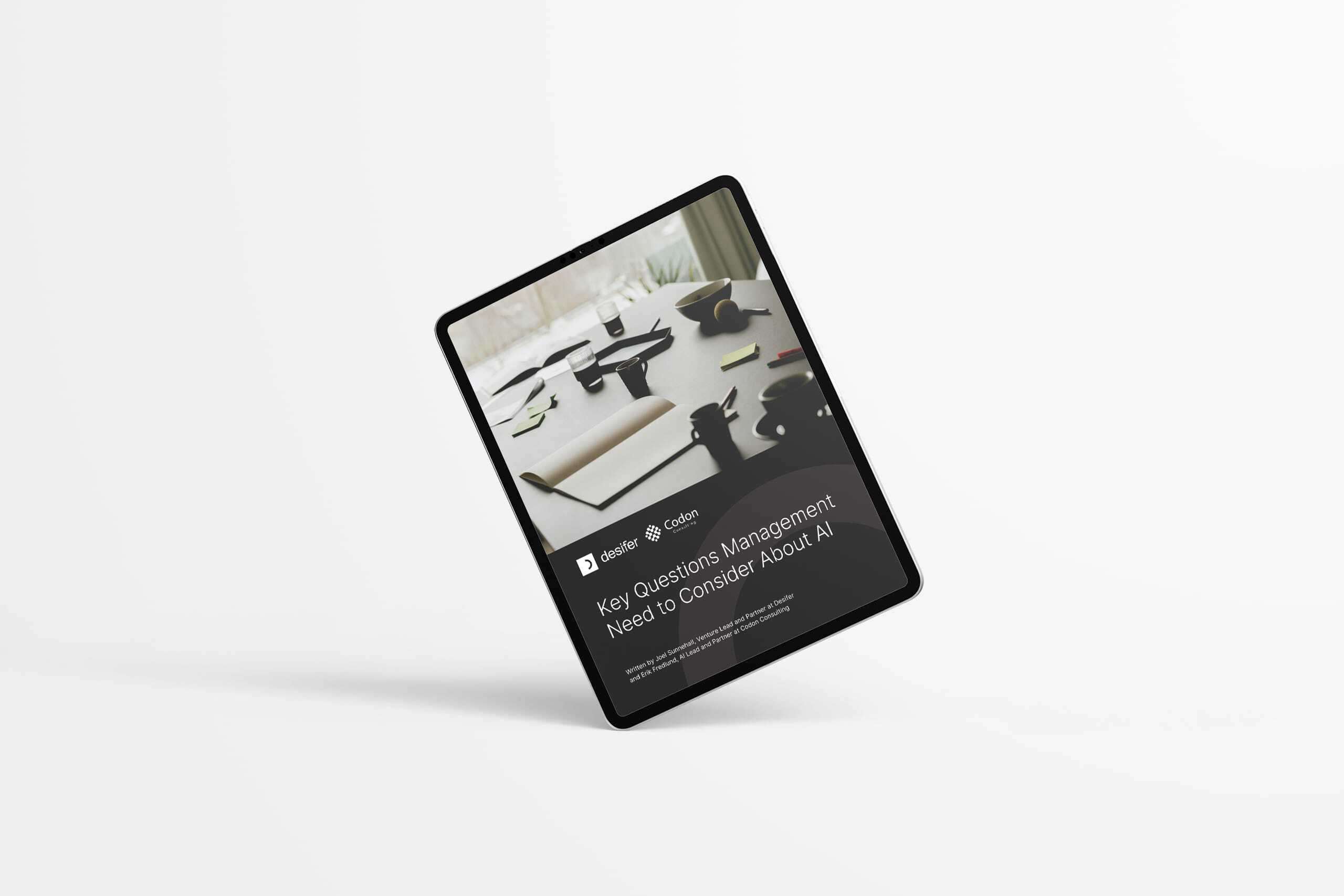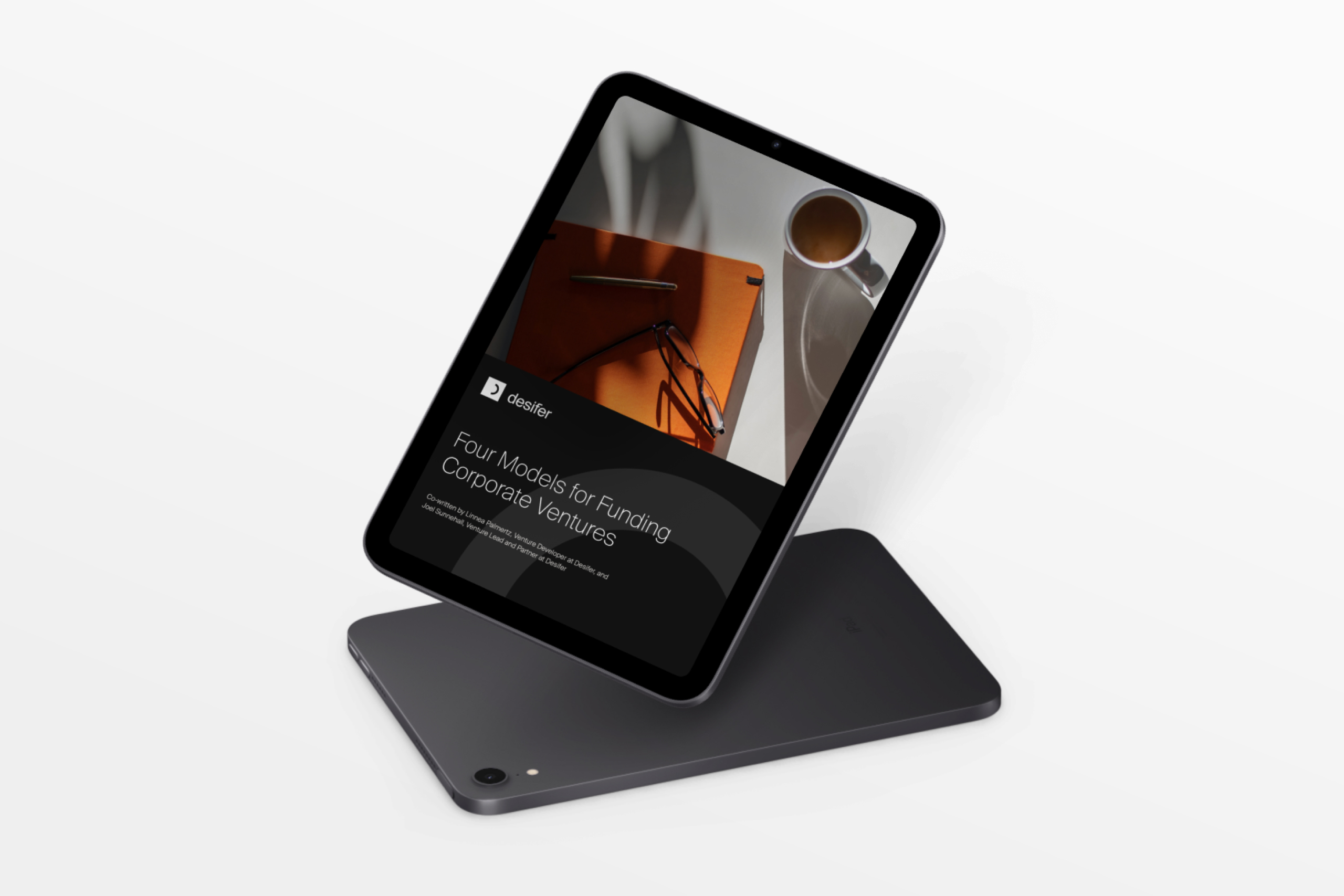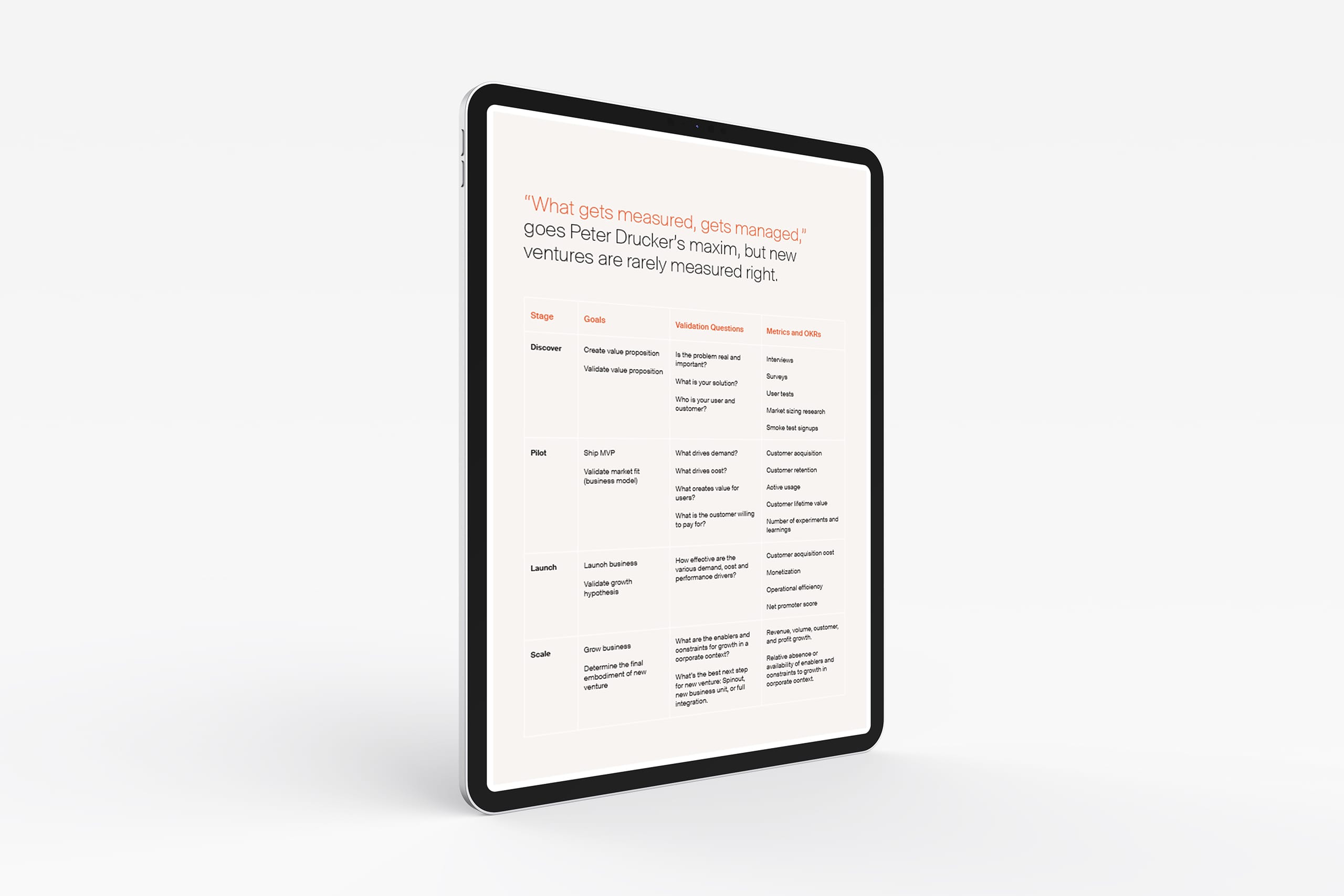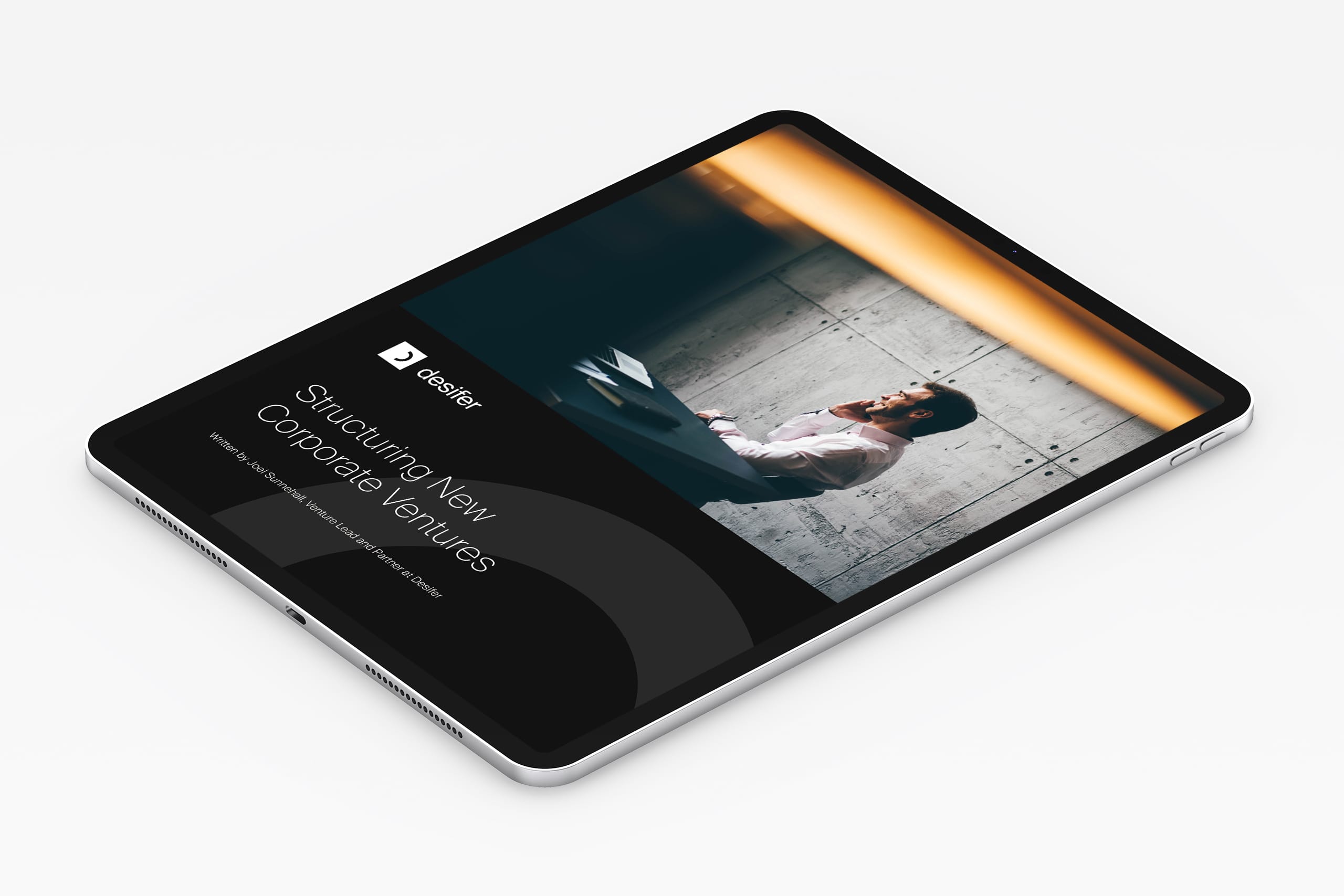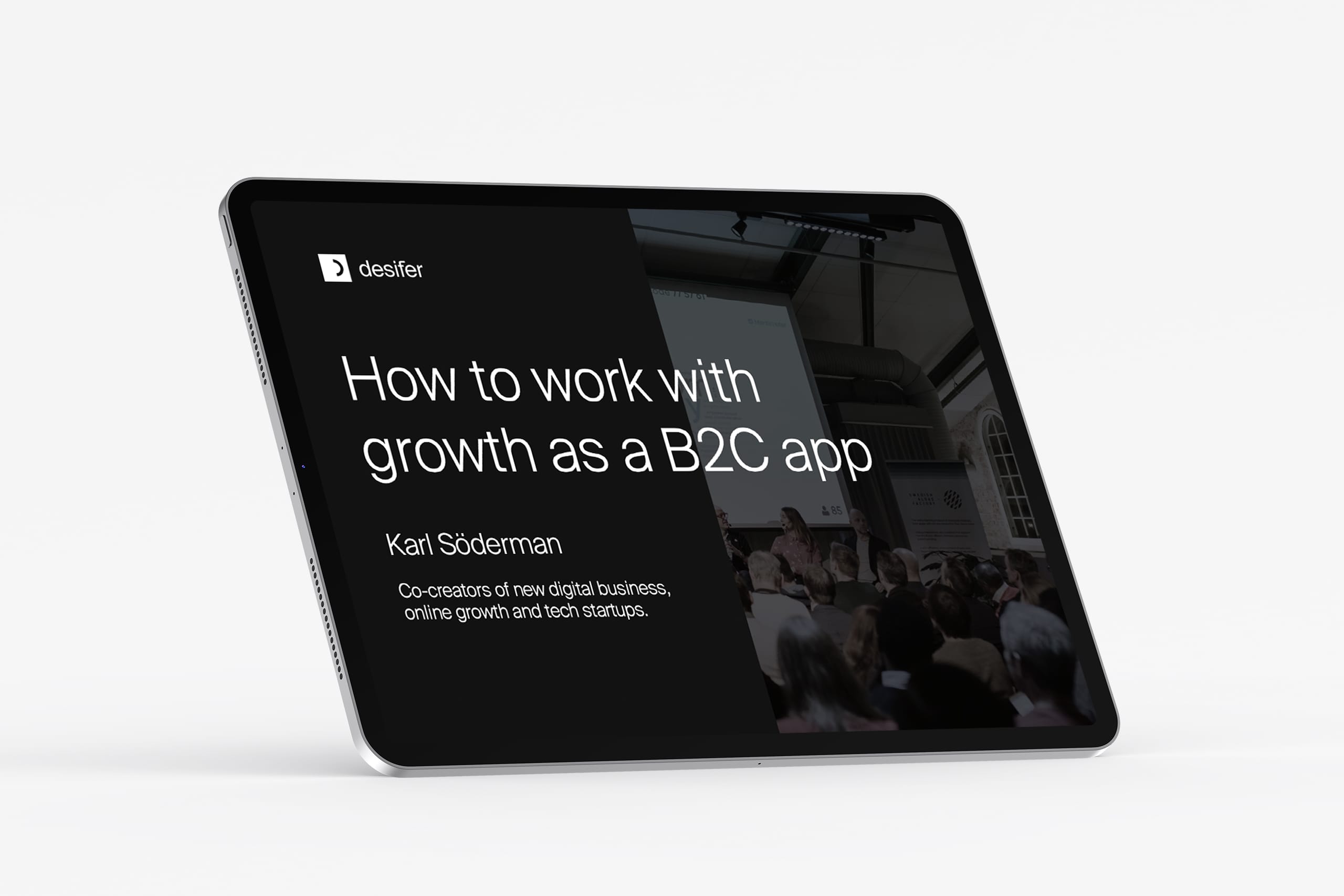Product | Technology
Written by Linnea Palmertz
February 15, 2024
How AI-powered hardware devices are shaping a new era in user experience
The landscape of technology and user experience is undergoing a paradigm shift, reminding us of the app-revolution initiated by the iPhone in 2007. Driven by the recent advancements in AI software, a new wave of innovative hardware devices powered by AI are poised to not just enhance but fundamentally change the way we interact with digital interfaces. With AI-enabled products, users can simply articulate their needs—be it ordering food, securing a restaurant booking, arranging car shares, or sending voice or text messages—and the interface seamlessly carries out these tasks. This evolution marks a significant leap in how we interact with technology, making our daily lives more integrated and less dependent on the traditional touchscreens we’ve grown accustomed to.
Let’s explore six groundbreaking AI-powered hardware products that are set to redefine our digital interactions.
Rabbit r1: Your personal AI companion
Concrete signs that AI-enabled products are seriously challenging the smartphone’s dominance emerged at this year’s CES tech event in Las Vegas, where the star of the show wasn’t the usual latest smartphone or tablet, but a bright orange pocket gadget by the name Rabbit r1. This stripped down 78x78mm device stands as a testament to the personalized potential of AI in everyday hardware. Unlike traditional devices that passively wait for commands, Rabbit anticipates and learns from user interactions, making it a proactive companion. Imagine a device that not only understands your preferences over time but also suggests actions before you even realize you need them. Rabbit’s AI capabilities could revolutionize how we manage our days, interact with our environment, and stay connected, all while reducing screen time.
See the Rabbit r1 keynote here.

Humane AI Pin: Wearable intelligence
The unveiling of the Humane AI Pin through a demo video last November certainly made a big splash, proving that the former Apple employees had something spectacular up their sleeves. This compact device acts as a personal assistant, leveraging AI to provide contextual information, real-time notifications, and personalized interactions directly to the user, all without requiring any screen. The Humane AI Pin exemplifies how AI can be seamlessly woven into our daily lives, offering a glimpse into a future where technology enhances human experiences without overwhelming them.
See the Humane AI Pin demo video here.
Apple Vision Pro: A new dimension of reality
Surely no one has missed the Apple Vision Pro, Apple’s venture into the world of mixed reality, showcasing the immense potential of AI in creating immersive user experiences. In line with Apple’s typical strategy, the platform will be open to third-party creators, paving the way for many exciting AI developments. The launch of a ChatGPT app is likely only a first of many interesting AI applications within the Apple Vision Pro ecosystem. By blending the digital and physical worlds, Apple Vision Pro allows users to interact with their environment and digital content in entirely new ways. This product is set to revolutionize gaming, education, and professional collaboration by offering a user experience that is both intuitive and seamless.
See a guided tour of Apple Vision Pro here.
Ray-Ban Meta Glasses: The look of the future
In collaboration with Facebook’s parent company, Meta, Ray-Ban has set out to transform how we view and interact with our surroundings. The Meta Glasses combine the classic style of Ray-Ban with cutting-edge AI and AR technology, offering users a seamless way to access digital information and media. The glasses see what the user sees and process the surroundings to provide information about practically anything. They hint at a future where our digital interactions are directly integrated into our visual field, and once again, reducing the need to turn to our smartphones.
See what the Meta Glasses can do here.

OpenAI and Jony Ive’s ‘iPhone of Artificial Intelligence’
OpenAI is teaming up with the acclaimed ex-Apple designer Jony Ive on a new AI hardware venture to build the ‘iPhone of artificial intelligence.’ While details remain under wraps, expectations are high for a device that embodies the effortless integration of AI into daily life, much like the iPhone did with mobile apps. This project symbolizes the potential for AI-enabled hardware to not just enrich, but fundamentally change, our interaction with technology.
Brilliant Labs Frame: Giving you AI superpowers
Brilliant Labs are the creators of another set of AI-powered smart glasses, Brilliant Labs Frame, offering visual analysis, translation, and web search right before your eyes and are said to give multimodal “AI superpowers”. Simply use your voice to command the glasses to do things you would otherwise use your phone for, such as initiating a video call with a friend or translating a dinner menu you’re reading in a foreign language. These glasses not only offer advanced functionality through seamless integration of AI but also promise to redefine how users interact with their environment.
See a snapshot of the Brilliant Labs Frame here.
What does this mean for the future of user experiences?
The innovations presented here represent just the beginning of a revolution in how we interact with technology, hinting at the future trajectory of user experiences as AI paves the way for entirely new categories of devices. A striking feature shared by many of these AI-powered devices is the philosophy that less (screen) often equates to more. By aiming to create a seamless experience between the digital and physical world, these products challenge our dependence on traditional screens. Today, the screen is at the very core of designing an engaging user experience, a focus that is poised for a dramatic shift. As the evolution towards reducing screen dependence continues, we can expect significant alterations in the principles of UX design and product development.
Furthermore, the emergence of wearable technologies is set to ignite further creativity and expand our understanding of what constitutes a smart device. As we stand on the brink of this new era, it’s clear that AI-enabled products and services will play a crucial role in shaping our future, making our interactions with technology more natural, efficient, and profoundly transformative. The question you now have to ask yourself is, how will this paradigm shift impact your business and its products?









